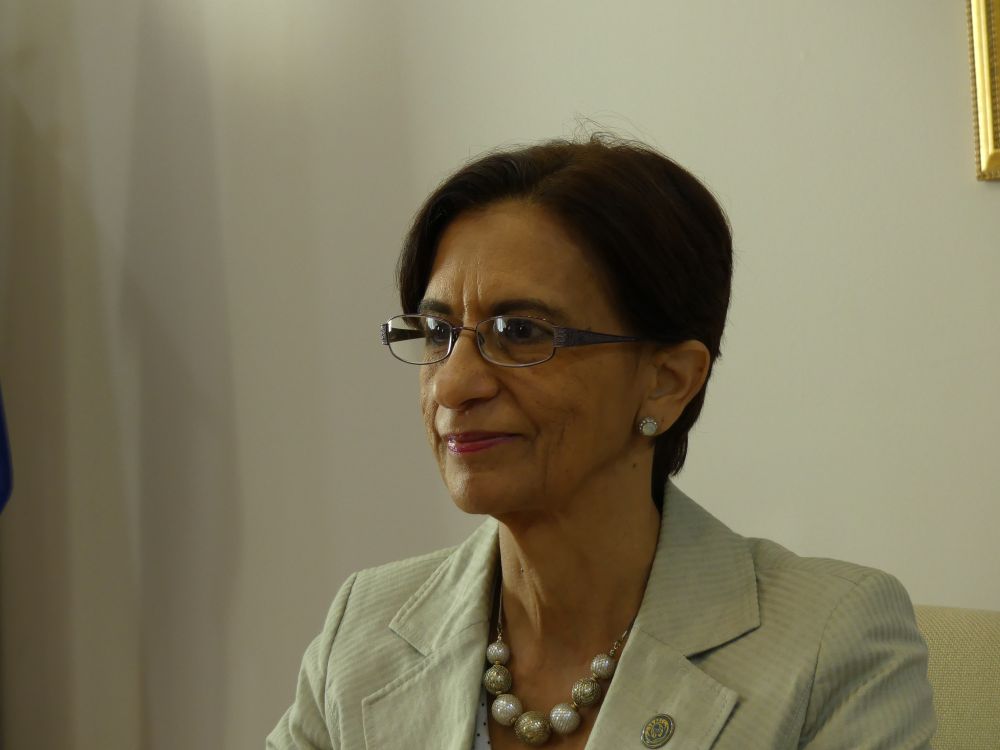St Maarten: Parliamentary committees slow down the work of parliament
Sarah Wescot-Williams noted that the parliament is currently “operating slower than when I was prime minister” – a situation she attributes to the lack of activity by parliamentary committees.
She referred to the three integrity reports that were published in 2014. “It behooves the parliament to look at these reports,” she said, adding that the debate about a code of conduct for parliament is also necessary.
Wescot-Williams is a proponent of a code of conduct that obliges parliamentarians to divulge not only their financial position, but also their public functions and their business interests, including shareholderships.
Another initiative Wescot-Williams favor is the possibility for citizens to submit proposals to parliament. “We need to stimulate the process of citizens’ participation.”
Wescot-Williams called on the chairpersons of the parliamentary committees to look at the outstanding issues that need handling. She referred to financial reports. “They first have to go to the financial committee, before going to the central committee and in the end to parliament,” she pointed out. “If the committees are not up to par, you will see the work of parliament slow down.”
The annual report of the parliament over the year 2015-2016 shows how inactive some of the committees are. The two most active committees were the Committee of Kingdom Affairs and Inter-Parliamentary Relations (14 meetings) and the Finance Committee (12 meetings). The ad hoc Committee Integrity met five times, the Committee for Education, Culture Youth and Sports 4 times, and the ad hoc committee for the Construction of the new parliament building 3 times.
The committees for the country’s expenditures and for petitions met once, for public health twice, but all these meetings were only about the appointment of a chairman and not about anything that matters to the citizens of the country. The Public Health Committee met twice and the Committee for Tourism, Economic Affairs Transport and Telecommunication three times.
Especially the lack of activity from the ad hoc committee for the construction of a new parliament building is remarkable, given the fact that the lease for the current building expires on September 30 of this year while there isn’t even a plan on the table for the new building. The committee met for the last time on June 22 of last year. Renewing the lease is the only option at this moment.
While most of the committees are in a state of semi-permanent slumber, Wescot-Williams points out that the parliament is a co-legislator with the government and that it needs to step up its controls over actions by the government. “That is a critical task,” she said.
To prepare for what is coming during this parliamentary year, Wescot-Williams has asked for the legislative agenda of each individual ministry.






